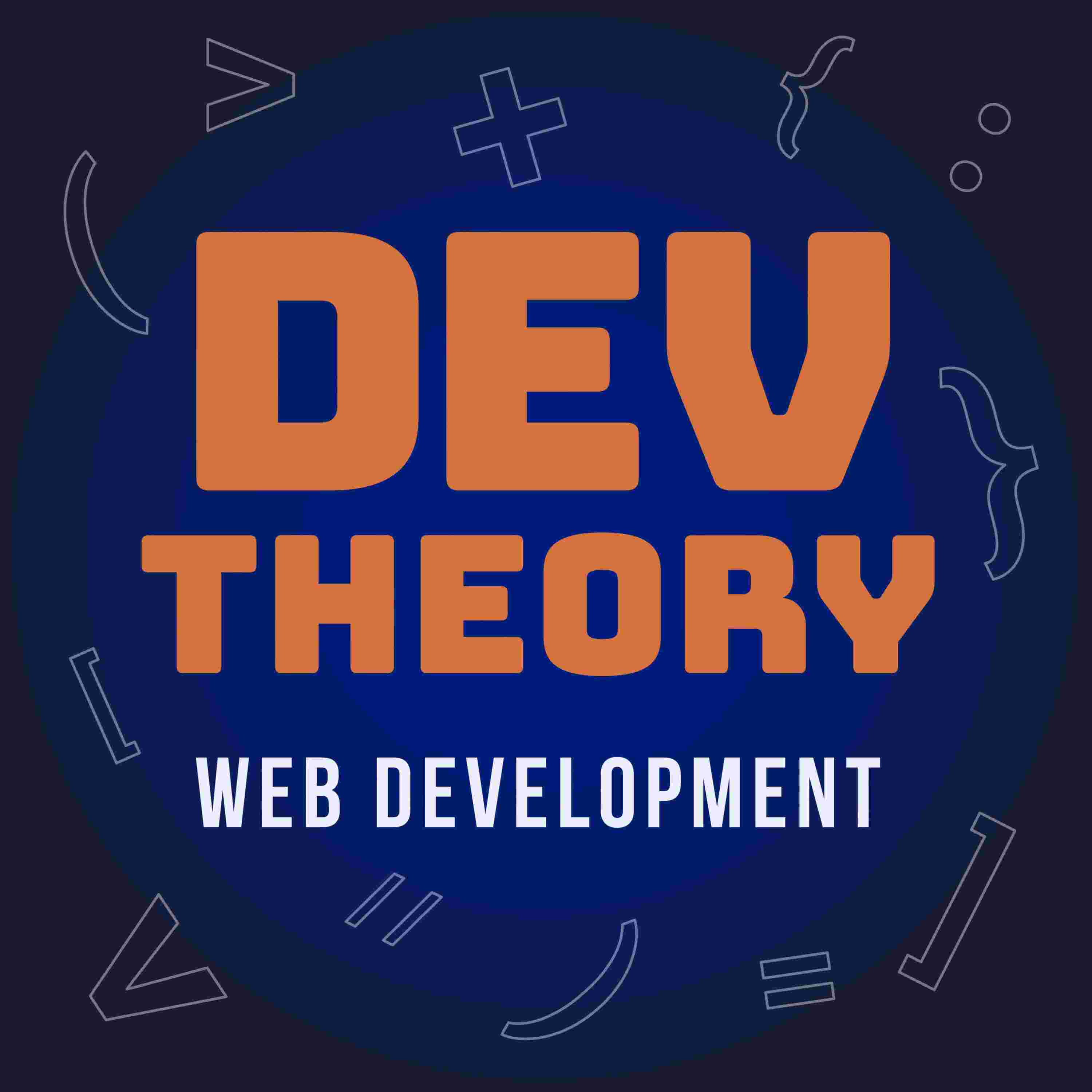Table of Contents
- 2021 State of the Industry. -
32 Crucial Technology Industry Statistics to Know in 2021
- Software Engineer's Career Pathshow to stay relevant in an ever-changing industry
A Typical Career Path for a Software Engineer
Below is a common career path for a software engineer. Bear in mind that each company will have its own specific roadmap and this is just an example.
- Junior Software Engineer: At the beginning of your career you’ll have limited experience and start in an entry-level position. As a junior software engineer, you’ll be required to develop software to meet client requirements within a specified time frame. You’ll report to your team leader, who will act as a mentor and guide you. During this period of your career, you have the opportunity to learn new skills and gain essential experience working on real-life software projects.
- Senior Software Engineer: After a few years, you’ll become a senior software engineer. You’ll learn new programming languages, and master the software development lifecycle. You may have the opportunity to train junior engineers or even manage a small team of your own. You’ll start to be introduced to other business elements such as project budgets and high-level company objectives.
- Tech Lead: As a tech lead, you’ll be responsible for the entire software development process. You’ll manage a large team of professionals involved in software design and development. You’ll be required to report development progress to company stakeholders and provide input into the decision-making process.
- Team Manager: If you have strong leadership skills, you can progress into a managerial-based role. You’ll be responsible for the well-being of the entire team and will oversee their career progression.
- Technical Architect: As a technical architect, you’re expected to overlook the entire architecture and technical design. You’ll be required to build processes for the team and provide technical leadership. This role will also involve looking into the scaling of support systems.
- Chief Technology Officer: A CTO is the head of an organization’s technological needs. They oversee R&D and employ technology to improve products and services for their clients. This is often considered the pinnacle of a software engineer's career

